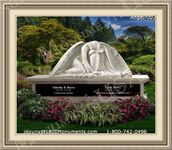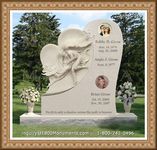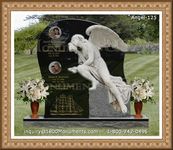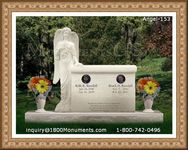|
Facts You Should Know When Choosing Car Funeral Flags
A great many small details need be attended when one is charged with planning a loved one's final arrangements. Among these is ensuring that all the bereaved are able to find the interment site when memorial services are held at a different location. One way to do this is to use funeral flags and everyone travel as a group from one place to another.
The parade of mourners following the remains of an individual from the location of services to the site of interment is known as a procession. In some cultures it consists of people walking and carrying the body to its final resting place, though more commonly it is a line of vehicles. The chain is led by the hearse with the deceased inside.
The processional line up usually begins with the hearse, which transports the body or remains of the one being mourned. Then comes the limousine, or car that holds the deceased's spouse, parents, children or significant other. Next in order are immediate family members followed by all other vehicles carrying mourners.
Quite often, a police escort is assigned to lead the procession and keep the chain of vehicles unbroken. Other tools, such as banners, may be used to identify members belonging to the group of bereaved travelers to bystanders. There are multiple types of these products that may be utilized for this purpose.
Many services utilize banners that wrap across the hood of the vehicle like a large ribbon. Still others opt to use a version that has the pennant attached to a plastic staff that is held up by the car door window. Yet another option are those mounted on a magnetic base that adheres securely to most any metal or vinyl automobile top.
These average staff of these products is about twelve inches and made of a strong, yet flexible plastic. The pennants are thick material in an easily noticed size of approximately 6 x 9 inches. Though they come in several colors, orange, white or purple with a cross of a contrasting color in the center are most common.
|
|



























